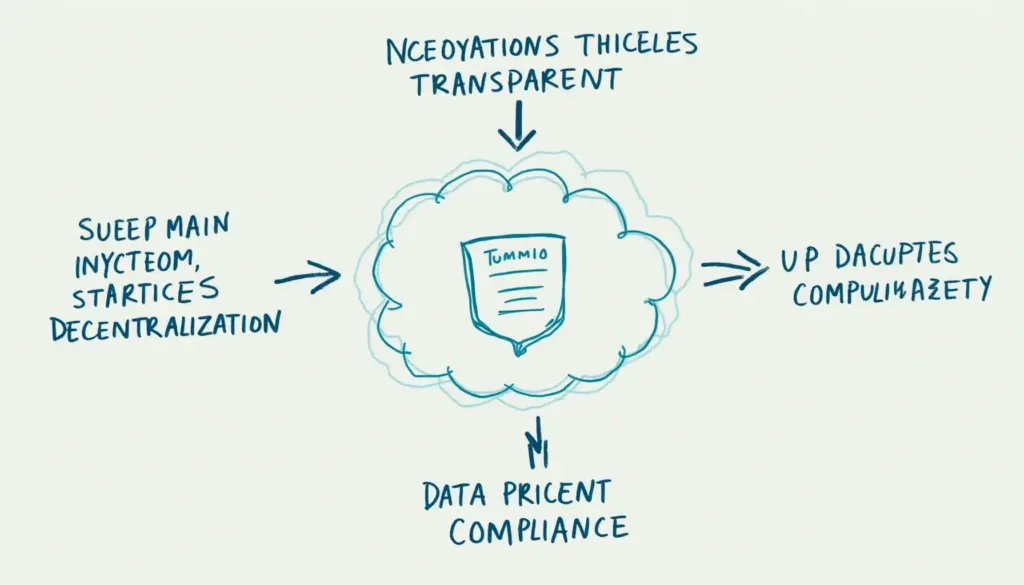Are You Compliant with Blockchain Data Privacy Regulations?
As more than **560 million** cryptocurrency owners navigate this complex landscape, only **23%** understand how to safeguard their data and comply with privacy regulations. Are you among them? In this guide, we unravel the importance of blockchain data privacy compliance and how you can steer clear of potential pitfalls. With regulations tightening around the globe, knowing your rights and responsibilities is crucial.
Understanding Blockchain Data Privacy
Blockchain technology allows for secure transactions and decentralized data management, but it also raises **privacy concerns**. By understanding the core principles of blockchain technology, you can better align your strategies with compliance requirements:
- Decentralization: Ensures that no single entity holds all the power over data.
- Transparency: Enables users to trace transactions, an advantage and a risk when it comes to privacy.
- Immutability: Transactions once recorded cannot be altered, which emphasizes the need for careful data entry.
Top Regulations Affecting Blockchain Transactions
Here are key regulations to consider in your digital currency transactions:

- GDPR (General Data Protection Regulation): Applies to all businesses operating in the EU, impacting how personal data is handled.
- CCPA (California Consumer Privacy Act): Mandates strict compliance with consumer data rights for businesses operating in California.
- FinCEN Guidelines: Enforcing compliance for financial transactions and reporting suspicious activity.
Best Practices for Ensuring Compliance
Here are practical steps to ensure compliance with privacy regulations:
- Data Encryption: Always encrypt sensitive data before sharing it on the blockchain.
- User Anonymity: Employ techniques that protect the identity of users without compromising transaction integrity.
- Regular Audits: Conduct audits to ensure that your operations are compliant with local and international regulations.
Real-World Application and Compliance Tools
Imagine operating a grocery store. Just as you wouldn’t reveal your supplier’s secret recipe to customers, you must protect personal information in the digital realm. To help you comply, consider using:
- Ledger Nano X: This device substantially decreases hacking risks by providing secure crypto storage.
- Compliance Management Platforms: Tools like Coinfirm can help monitor transactions and ensure compliance.
In closing, as the cryptocurrency market evolves, remaining compliant with blockchain data privacy regulations is paramount. Organizations and individual investors must educate themselves on these regulations to ensure their investments remain safe and legitimate. Don’t wait until it’s too late; download our comprehensive compliance checklist now!
